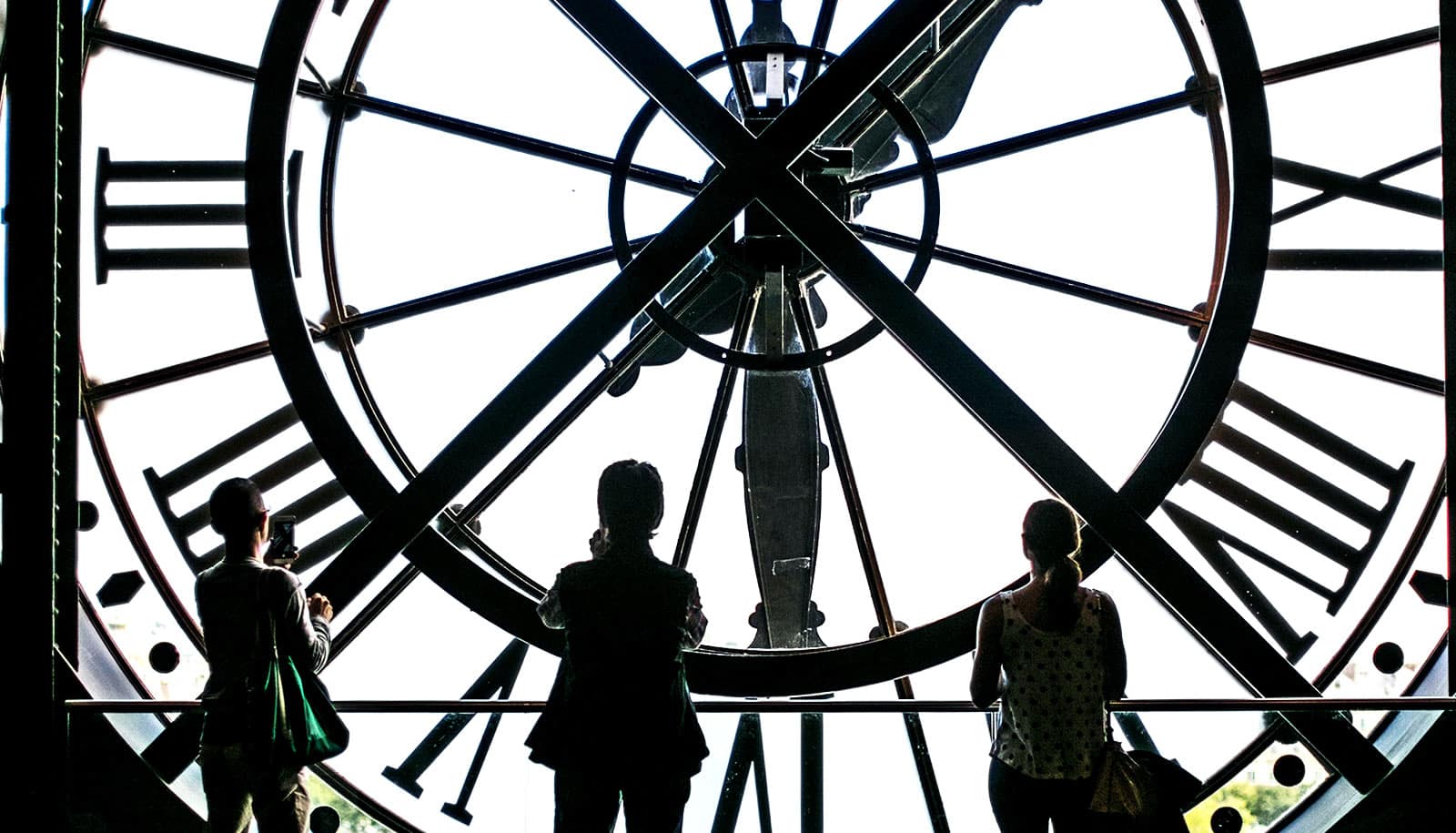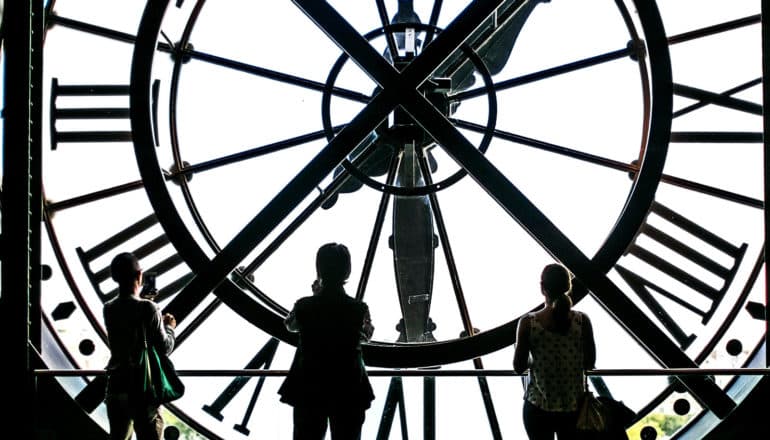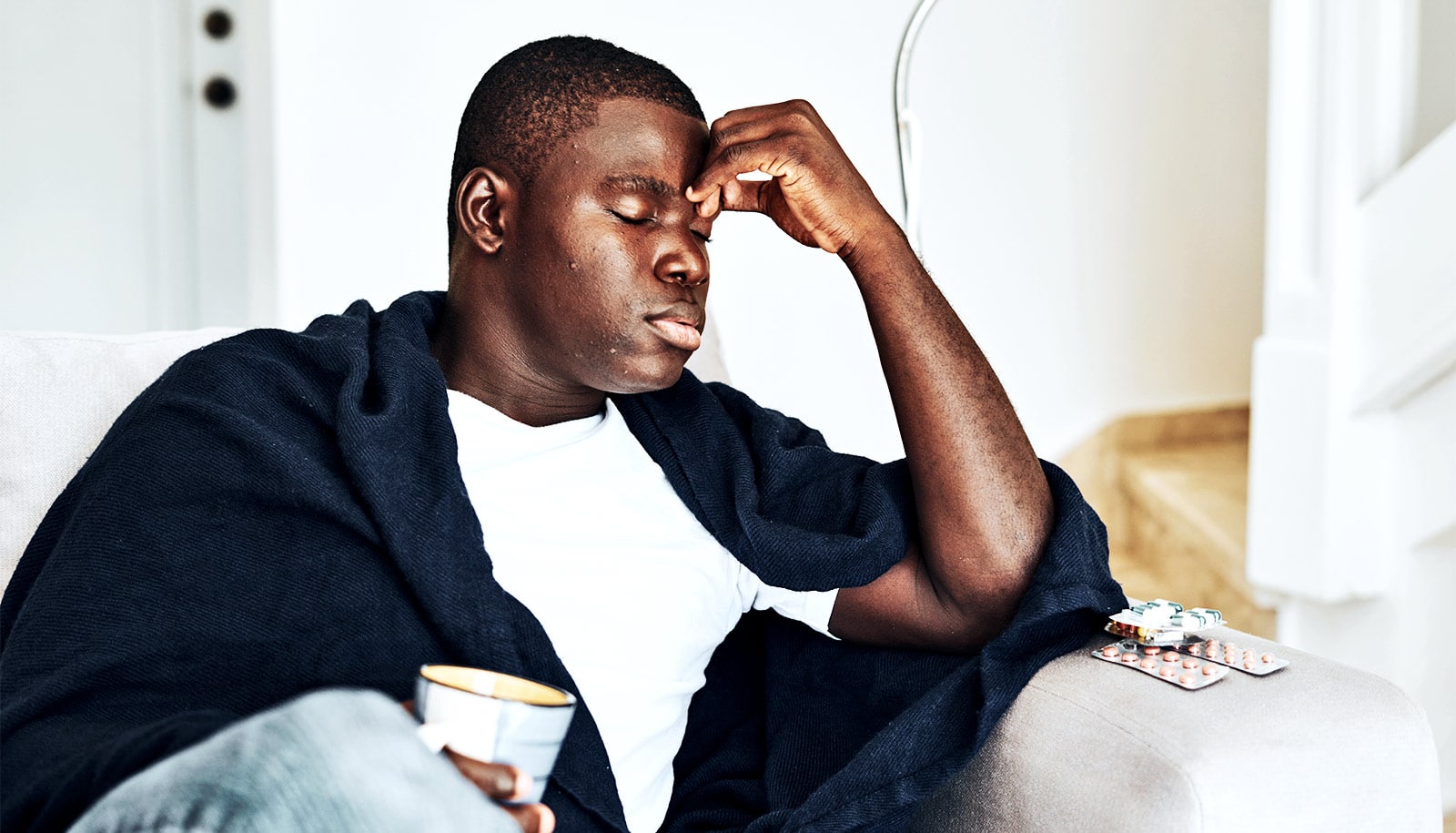
(Credit: Erik Witsoe/Unsplash )
T cells are more active at different times of the day
Our biological clock helps guide our immune system's response to invaders like viruses and cancer, new research with mice indicates.

Our biological clock may influence the efficiency of our immune response, according to new research in mice.
CD8 T cells, which are essential to fight infections and cancers, function very differently according to the time of day, researchers report.
We know that circadian rhythms come from “clock genes”, which influence most organs and cells—including those of the immune system, whose function varies according to the time of day. Circadian rhythms are involved in various aspects of physiology, including sleep, nutrition, hormonal activity, and body temperature. These daily rhythms help the body adapt to cyclical changes in the environment, such as seasons and the day and night cycle.
In earlier research, the team had demonstrated that T cells react more or less strongly to a foreign body according to the time of day, but the role of the biological clock in this phenomenon remained unknown.
“Using a mouse vaccine model, we observed that after vaccination, the strength of the CD8 T cell response varied according to the time of day. Conversely, in mice whose CD8 T cells were deficient for the clock gene, this circadian rhythm was abolished, and response to the vaccine was diminished in the daytime,” explains Nicolas Cermakian, a professor in the psychiatry department at McGill University.
“Our study shows that T cells are more prone to be activated at certain times of the day. Identifying the mechanisms through which the biological clock modulates the T cell response will help us better understand the processes that regulate optimal T cell responses,” says Nathalie Labrecque, professor at the medicine and microbiology, infectious diseases, and immunology departments at Université de Montréal.
“This knowledge will contribute to improving vaccination strategies and cancer immune therapies,” she says.
The researcher appears in the Proceedings of the National Academy of Sciences. Grants from the Canadian Institutes of Health Research funded the research.
Source: McGill University
The post T cells are more active at different times of the day appeared first on Futurity.
Share this article:
This article uses material from the Futurity article, and is licenced under a CC BY-SA 4.0 International License. Images, videos and audio are available under their respective licenses.
Related Articles:
Past coronavirus ‘memories’ may explain mild COVID
July 6, 2021 • futurityVideo captures T-cell ‘training’ program
May 21, 2019 • futurityLinks/images:
- https://www.futurity.org/circadian-rhythm-blood-test-1865492-2/
- https://www.futurity.org/fruit-flies-circadian-rhythms-1430942/
- https://doi.org/10.1073/pnas.1905080116
- https://www.mcgill.ca/newsroom/channels/news/study-shows-biological-clock-influences-immune-response-efficiency-300885
- https://www.futurity.org/biological-clock-t-cells-immune-system-2174172/
- https://www.futurity.org


